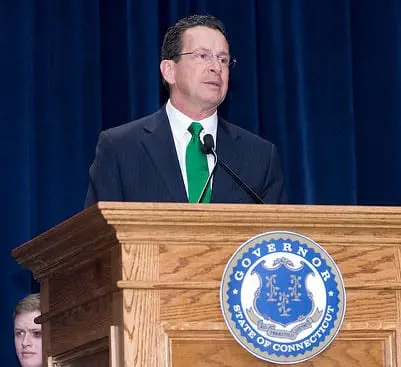Connecticut governor gives lawmakers sports betting option
State could schedule special session for bill before end of this year

Dannel Malloy, the Governor of Connecticut, has given lawmakers in the US state until this Thursday to inform him whether they are willing to press ahead with plans to introduce sports betting before the end of this year.
Malloy will leave office when next year’s legislative regular session begins on January 9 after he declined to stand for a third term, with the election to identify his successor scheduled for November 6.
However, Malloy said that his administration could prepare a proposal for consideration if the legislature agrees to host a special session later this year.
“The bottom line is in the last few weeks real action has taken place,” Malloy said, according to the Connecticut Mirror.
“People have started to move in a direction where I think an agreement could ultimately be reached with respect to who could operate within our state, how they would operate within their state, what could be bet on, and the like.
“It’s possible an agreement could be reached and legislative action could be called upon. I asked them for input on that matter, whether they intend to come into session.”
Malloy was speaking after he briefed lawmakers on talks that have taken place with Connecticut’s two tribal casinos and the industry’s other stakeholders in the state.
The legislative outlook in Connecticut is more complicated than in most US states. Since the early 1990s, an agreement has been in place under which tribal casinos in south-eastern Connecticut receive 25% of video slot receipts in exchange for exclusive casino gambling rights.
The lawmakers have been non-committal on a timeline so far, saying that negotiations are ongoing.
“This is about competitiveness… maintaining market share and perhaps capturing a portion of the illegal gaming revenue that is generated,” Malloy said.
House Democratic leaders who were responsible for raising a sports betting bill that failed to gain traction in the spring suggested the state could benefit from between $40m (£31m/€35m) to $80m per year by legalising sports betting.